Role, achievements and special marks of the Culture sector
Over the past 8 decades, the cultural sector has continuously affirmed its role as the spiritual foundation and driving force for national development, as the late General Secretary Nguyen Phu Trong once emphasized: "If culture remains, the nation remains; if culture is lost, the nation is lost."
The 1943 Vietnamese Culture Outline laid the theoretical foundation, affirming that culture is a front, and cultural workers are soldiers.
During the August Revolution of 1945 and the two resistance wars for national defense, culture became a sharp spiritual weapon, encouraging national unity and fostering fighting spirit.
Plays, press works, films or revolutionary melodies such as Tien Quan Ca , Diet Phat Xit , the movement "Singing Over the Bombs" have become weapons to encourage the spirit, arouse the desire for independence and freedom, depict the nation's resilience, and accompany the victory of Dien Bien Phu (1954) and the Great Spring Victory of 1975.
Culture, in that sense, is not only spiritual life but also "soft power", the driving force for the nation to stand firm in the face of challenges.
After the country's reunification, culture continued to play a role in healing the wounds of war and building new socialist people.
Night tour of the Temple of Literature - Quoc Tu Giam brings visitors new experiences (Photo: Manh Quan).
Since the 1986 Renovation, culture has become a driving force for development, associated with the motto of "socialization" and international integration.
Resolution 5 of the 8th Central Committee (1998) affirmed: Building an advanced Vietnamese culture imbued with national identity. Subsequent resolutions continued to emphasize that culture is the solid spiritual foundation of society.
The summary report of the Ministry of Culture, Sports and Tourism (MCST) also stated that in the period 2021-2026, the cultural sector has achieved many outstanding achievements.
Regarding heritage conservation and promotion: Vietnam has 8 world heritages, hundreds of national intangible cultural heritages, and millions of museum artifacts.
Among them, there are dozens of tangible and intangible cultural heritages recognized by UNESCO, such as the Complex of Hue Monuments, Ha Long Bay, Hoi An Ancient Town, Hue Royal Court Music, Ca Tru, Quan Ho, Thai Xoe Art, Hung King Worship, etc.
Heritage becomes a bridge between tradition and modernity, contributing to promoting Vietnamese identity to the world.
In the development of art and creativity, cinema, theater, fine arts, music, etc. are constantly innovating, reflecting social life and international integration. The cultural industry is formed, contributing tens of billions of USD each year, affirming the position of the creative economy.
In the field of sports, Vietnam has reached regional and world levels with remarkable progress and many valuable medals: Continuously topping the SEA Games rankings, winning medals at the ASIAD, Olympics, and especially the miracle of the women's team when qualifying for the 2023 World Cup.
Meanwhile, tourism has become a key economic sector, rising to become a leading destination in Asia, continuously honored at the World Travel Awards, bringing the image of a friendly, rich-in-identity country to international friends.
Meanwhile, the press and media still play a pioneering role on the ideological front, becoming a "channel of knowledge and connection of trust" between the Party, the State and the people in the era of digital integration.
The audience was packed at the concerts "Anh trai say hi" (left) in Hanoi and "Anh trai vu ngan cong gai" in Hung Yen (Photo: Producer, Nguyen Ha Nam).
Speaking with Dan Tri reporter, People's Artist Le Tien Tho - former Deputy Minister of Culture, Sports and Tourism - affirmed that in the process of national development, culture is always the spiritual foundation, goal and driving force for social development, in line with the consistent viewpoint of the Party and State.
He emphasized that there are three factors that make up the country's resilience today: revolutionary tradition, cultural tradition, and achievements of the renovation process over the past four decades.
In which, culture always plays a pivotal role, contributing significantly to the stability and development of the country.
Looking back over the 80-year journey, among the many achievements and outstanding marks that the Culture sector has achieved, former Deputy Minister Le Tien Tho said that there are two achievements with the deepest significance of the Culture sector, which are: Preserving and promoting the national cultural identity, recognized by the world through many precious heritages.
On the other hand, building and developing grassroots cultural life contributes to improving people's spiritual life, creating a foundation for the country's sustainable development.
Blackpink had a successful show in Vietnam with 2 explosive nights with 60,000 spectators at My Dinh Stadium, Hanoi (Photo: Manh Quan, Blackpink Nations).
Looking back on the 80-year journey of the Culture sector, Associate Professor, Dr. Bui Hoai Son - Full-time member of the National Assembly's Committee on Culture and Society - expressed: "Perhaps I have never felt the role of culture in the development of the nation so clearly and profoundly.
Culture is not only a reflection of history, but also a resource, a fire that fosters the national spirit, helping us overcome the most difficult turns to achieve today's achievements.
Mr. Son emphasized that the achievements of the cultural sector over the past 80 years are not only reflected in titles, heritages or specific works, but more importantly, culture has always accompanied the nation, preserved identity, nurtured aspirations, and become an important endogenous driving force for development.
In that historical flow, culture is both the foundation, the milestone, and the vision, connecting the past, present and future.
A scene from the movie "I See Yellow Flowers on the Green Grass" was filmed in Phu Yen, which later became a popular tourist destination (Photo: Producer).
Talking about the changes and outstanding marks of the Cultural sector, Mr. Son said that the most obvious highlight is the change in thinking: From considering culture as just a "spiritual weapon" serving the revolution, to affirming that culture is the spiritual foundation of society, the goal, the driving force, and today is also recognized as an "endogenous resource", a "soft power" in national development.
It is a historic shift in thinking, helping us put culture on par with economics, politics, and society in the country's development strategy.
According to Associate Professor Dr. Bui Hoai Son, another notable change is the approach to heritage. If in the past, it was more about “framing and keeping it intact”, now heritage is considered a living asset, associated with the community and socio-economic development.
UNESCO-recognized heritages are not only a source of pride but also a resource for tourism, education, and promoting the country's image. Many localities have turned heritage into brands, identity into attraction, helping culture truly enter life.
“In addition, the cultural industry has been identified as a strategic sector, transforming culture from a purely spiritual aspect to an economic sector capable of creating jobs and large revenues.
The strong development of cinema, music, fashion, design and video games is clear evidence. Cultural products are gradually being commercialized, bringing both spiritual value and economic efficiency," Associate Professor Dr. Bui Hoai Son affirmed.
Mr. Son also shared that in the context of integration and digital technology, cultural management has also changed from a centralized, subsidized model to a modern model with social participation and public-private cooperation.
"The emergence of creative spaces and socialized projects shows that culture is mobilizing resources from the community, creating a richer and more modern cultural life," he said.
Concerts "Fatherland in the heart" (August 10) and "Proud to be Vietnamese" (August 17) at My Dinh Stadium (Photo: Nguyen Ha Nam).
Solutions for the new journey of the Cultural industry in the era of growth
It can be affirmed that over the past 80 years, the Cultural sector has written a brilliant epic poem - where Vietnamese identity is converged, crystallized and shines.
Culture becomes a solid spiritual foundation, an endogenous strength, a driving force for sustainable development; culture, together with information, sports, and tourism, always accompanies the glorious revolutionary cause of the Party and the nation.
With the statement of action "Culture is the foundation - Information is the conduit - Sports is the strength - Tourism is the connecting bridge", the cultural sector increasingly affirms its position and prestige in the development process of the country.
Culture in both the broad and narrow sense has been growing strongly, overcoming all difficulties and challenges to achieve great achievements.
However, besides the achievements, the Cultural sector also faces many challenges and sets new tasks in the period of integration and digital transformation.
In order for the cultural sector to truly become a national soft power, the Ministry of Culture has also proposed many strategic solutions.
First of all, raise awareness and responsibility: Continue to thoroughly grasp the regulations and resolutions of the Party and Government. Promote the responsibility of leaders, mobilize the combined strength of the entire political system to arouse the spirit of pride and creativity of the people, taking the people as the center.
The recent rise and explosion of national music festivals not only arouses national pride but also opens a new chapter for the cultural industry in general and music in particular (Photo: Nguyen Ha Nam).
Second, continue to perfect institutions, mechanisms and policies: Timely institutionalize the Party's policies, strengthen decentralization and delegation of power to unleash resources.
Prioritize institutionalizing activities in the digital environment and synchronizing specialized legal systems. Develop specific policies to discover, train and promote talents.
Third, streamline the apparatus and improve the quality of human resources: Perfect the organization, improve smart management capacity. Focus on human resource training, have policies to retain talented people, encourage creativity and handle cases of avoidance and fear of responsibility.
Fourth, infrastructure construction and digital transformation: Effectively implement national target programs, plan cultural, sports and tourism institutional systems.
Mobilize resources, promote public-private partnership. Support the promotion of digital content creation, the formation and exploitation of cultural database systems, and the promotion of digital cultural assets.
Former Deputy Minister of Culture, Sports and Tourism Le Tien Tho said that, entering a new era, the Vietnamese cultural sector needs fundamental solutions: Training human resources systematically, investing in key areas such as cinema, performing arts, and creative industries; at the same time, having policies and laws to protect and promote national identity.
Associate Professor Dr. Bui Hoai Son also shared that, entering a new era, when globalization and the 4.0 industrial revolution are fundamentally changing the way people produce, create and consume, our cultural industry is facing great opportunities but also many challenges.
According to him, to develop sustainably, the cultural industry needs to first maintain national identity - which has been forged over thousands of years of history, consolidated and developed over the past 80 years - as a foundation for creativity.
Second, make full use of achievements in science and technology, especially digital technology and artificial intelligence , build a creative ecosystem, encourage startups and protect intellectual property rights.
Third, it is necessary to promote the connection between culture and other economic sectors, especially tourism, to turn culture into an economic resource. In the world, many countries have proven that when culture is combined with tourism, technology, and communication, the value is multiplied.
Mr. Son stated: “The cultural industry needs a long-term strategy to integrate internationally and participate deeply in the global value chain. To spread more widely, Vietnam must build the brand “Creative Vietnam”, promote the country and invest in competitive products, both learning from international experience and maintaining its identity.
Most importantly, every movie, song, video game or heritage tour must have a distinct "Vietnamese quality" so that the world can recognize and appreciate it."
Associate Professor Dr. Bui Hoai Son also emphasized that the cultural industry must put people at the center: All creations, technologies, and economic values aim to improve spiritual life, cultivate personality, and nurture aspirations.
"Investing in the cultural industry is investing in soft power and the nation's future, so that Vietnam not only develops economically and politically but also shines through culture in the integration era," said Mr. Son.
The 80th Anniversary of the Cultural Sector's Traditional Day (August 28, 1945 - August 28, 2025) is an important milestone to review the history of formation and development, and look back at the achievements and marks of the entire Cultural sector for the glorious revolutionary cause of the Party as well as the development journey of the nation.
Towards the important anniversary, the whole industry has recently organized many emulation campaigns, propaganda activities, forums, and seminars to meet generations of cadres.
In addition, the whole industry also presided over, advised on the organization, and participated in national events towards the 80th anniversary of the successful August Revolution and National Day September 2.
The 80th Anniversary of the Cultural Sector's Traditional Day will take place on the morning of August 23 at the Hanoi Opera House.
Dantri.com.vn
Source: https://dantri.com.vn/giai-tri/80-nam-nganh-van-hoa-dau-an-va-chien-luoc-dinh-vi-ban-sac-tren-toan-cau-20241101062943614.htm



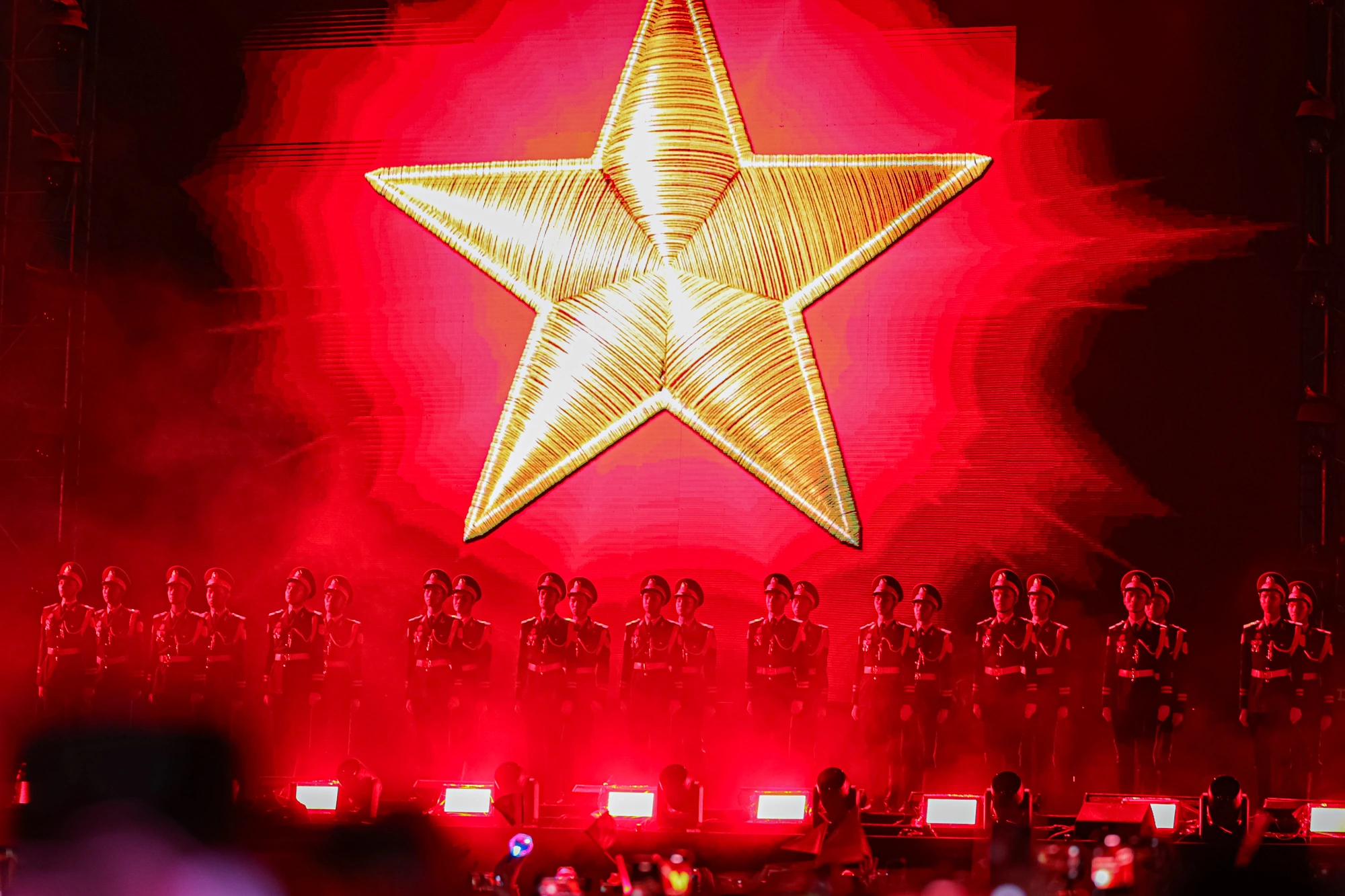
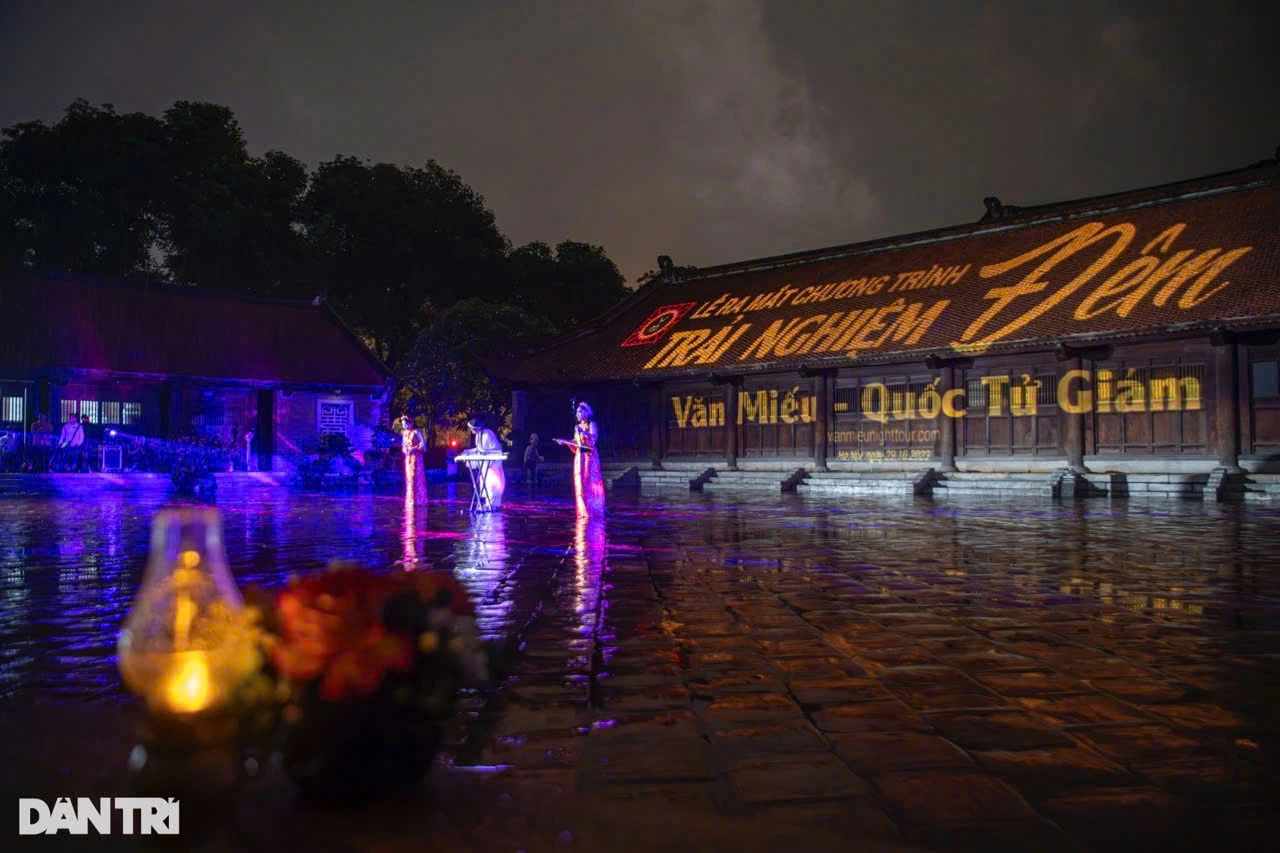
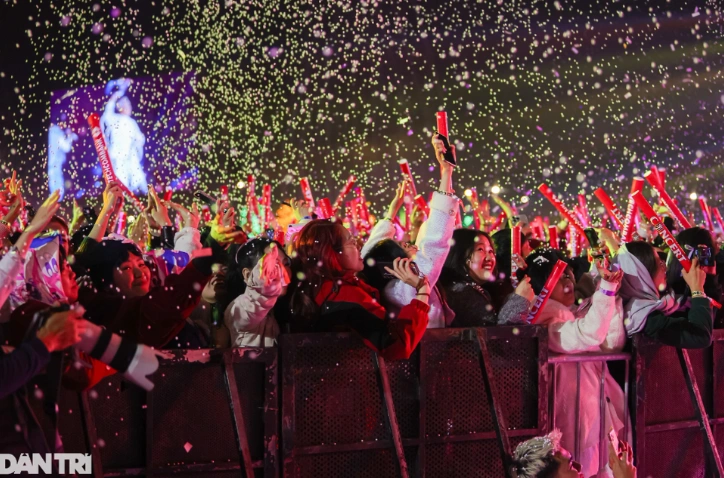
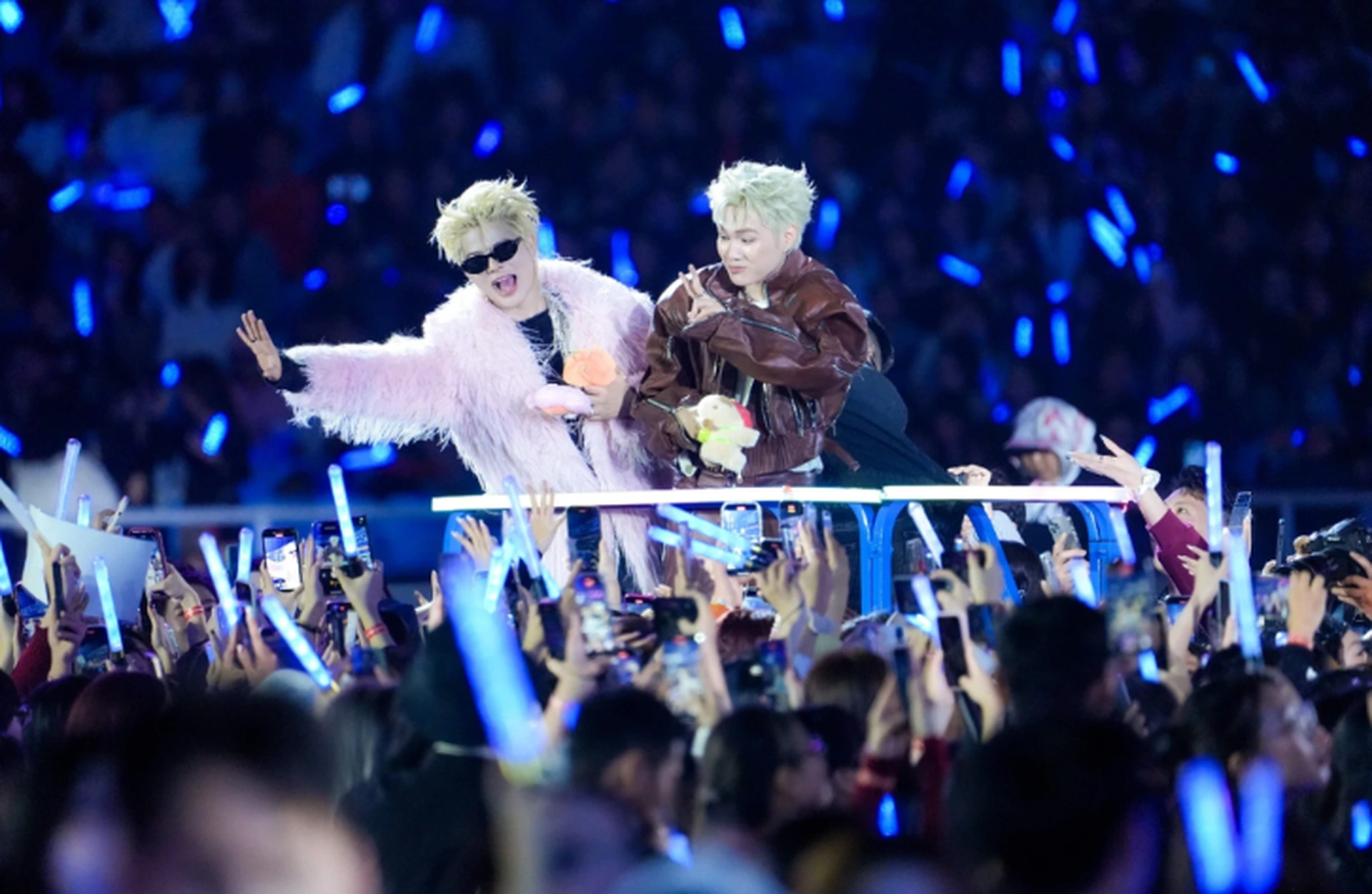
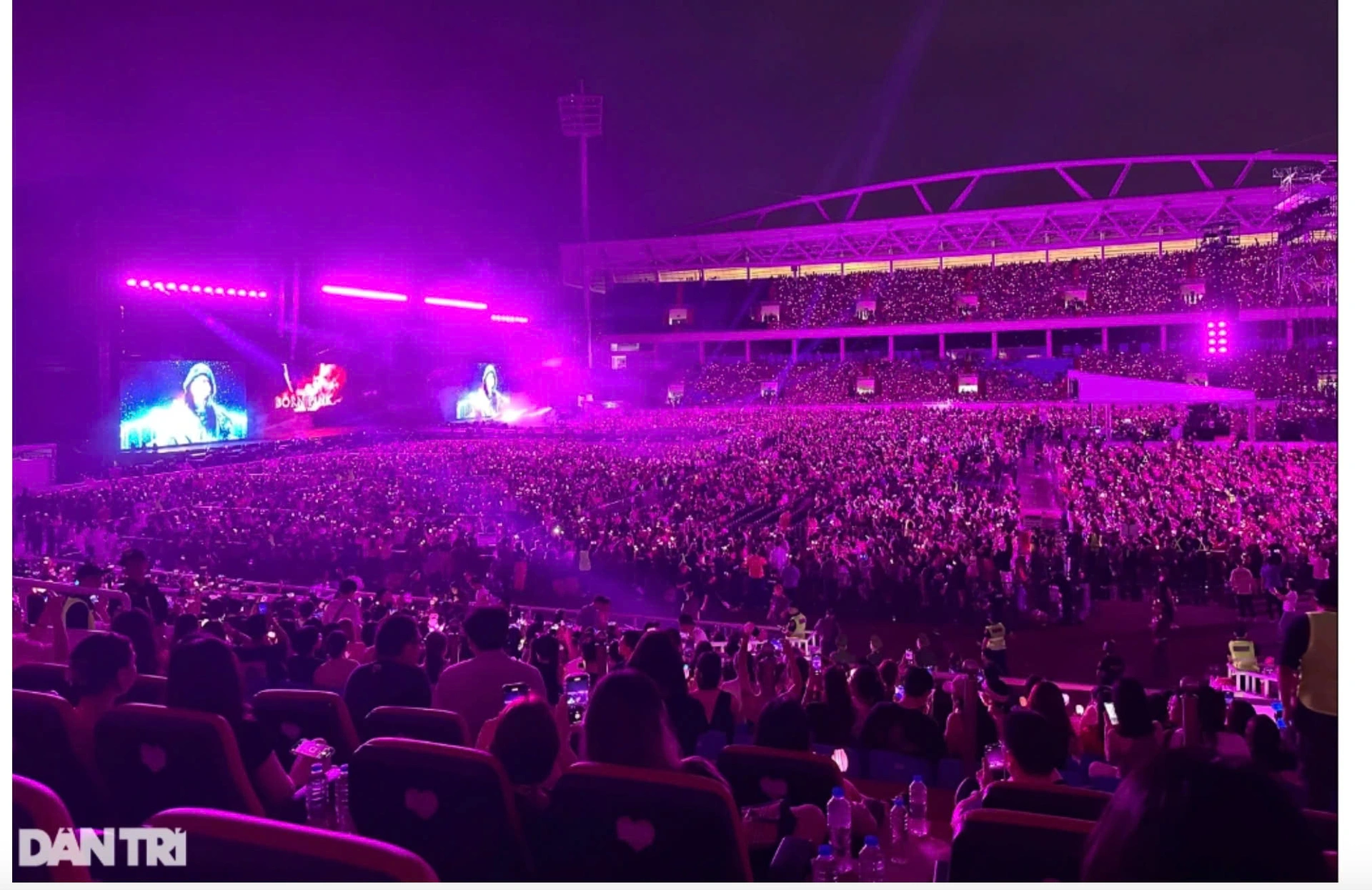
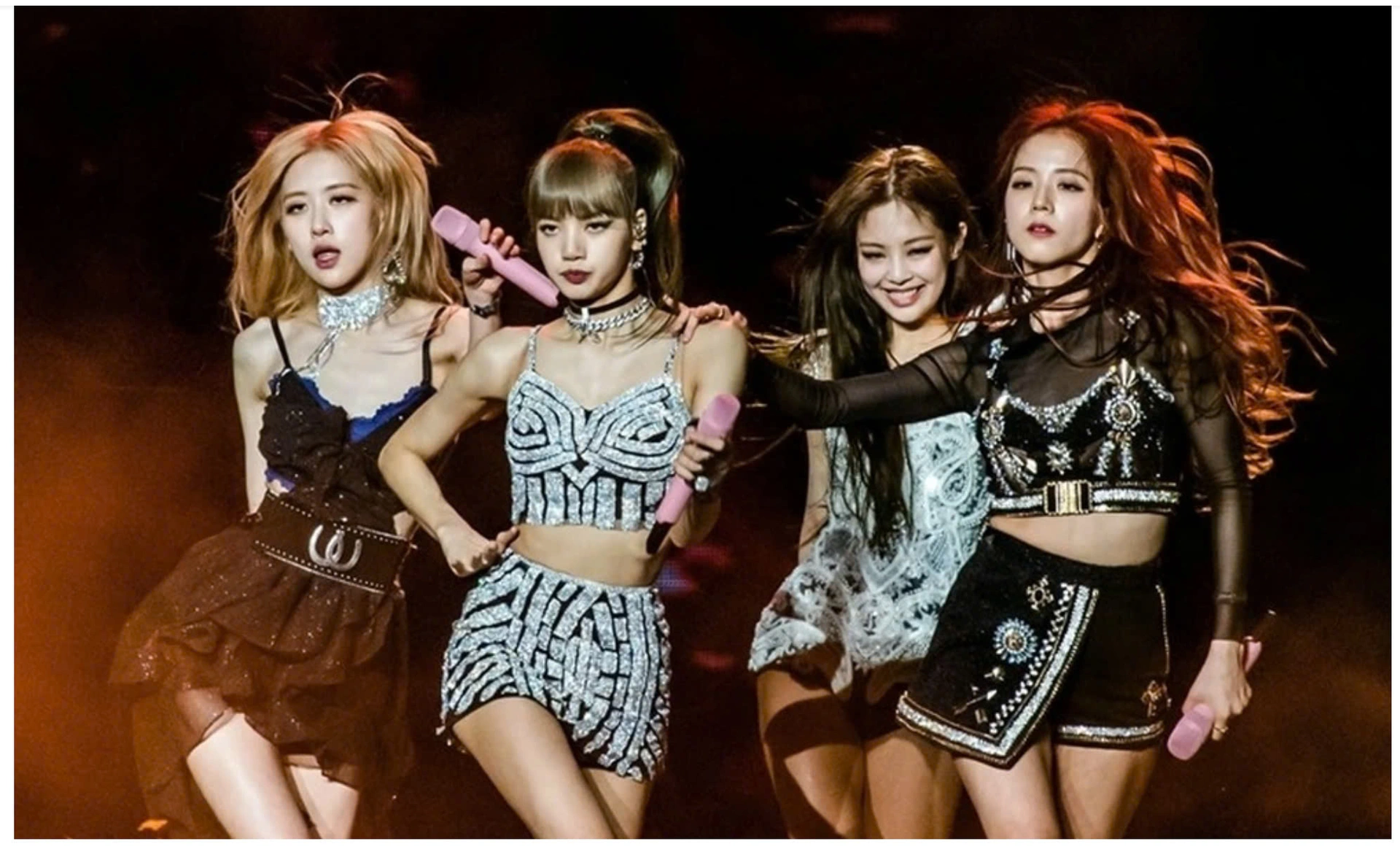
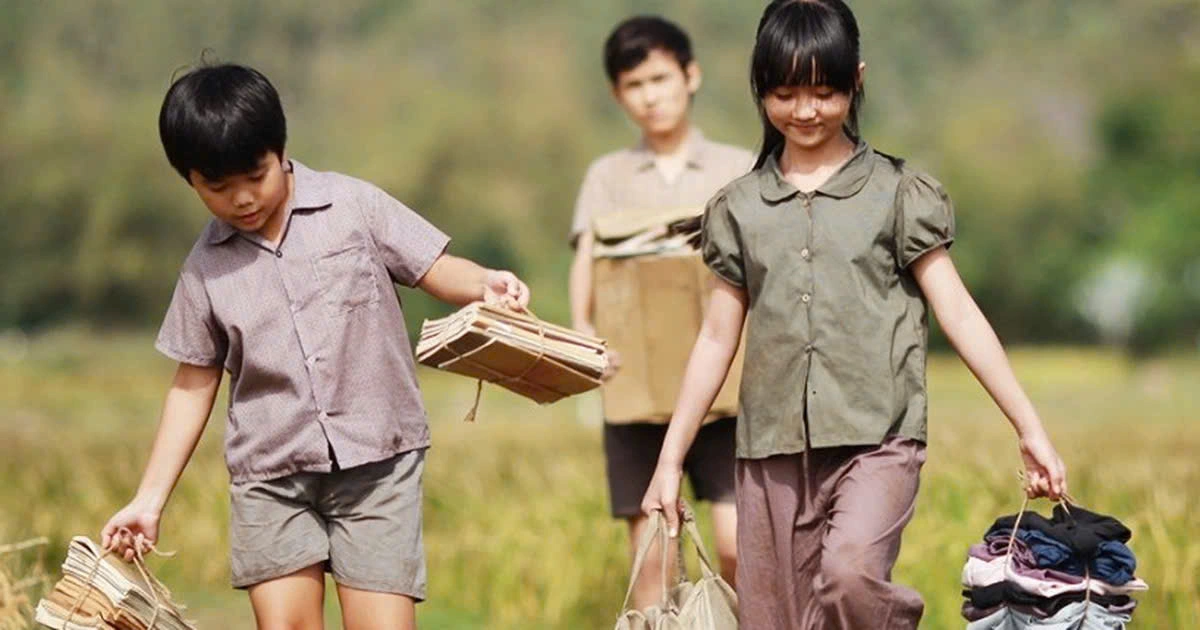
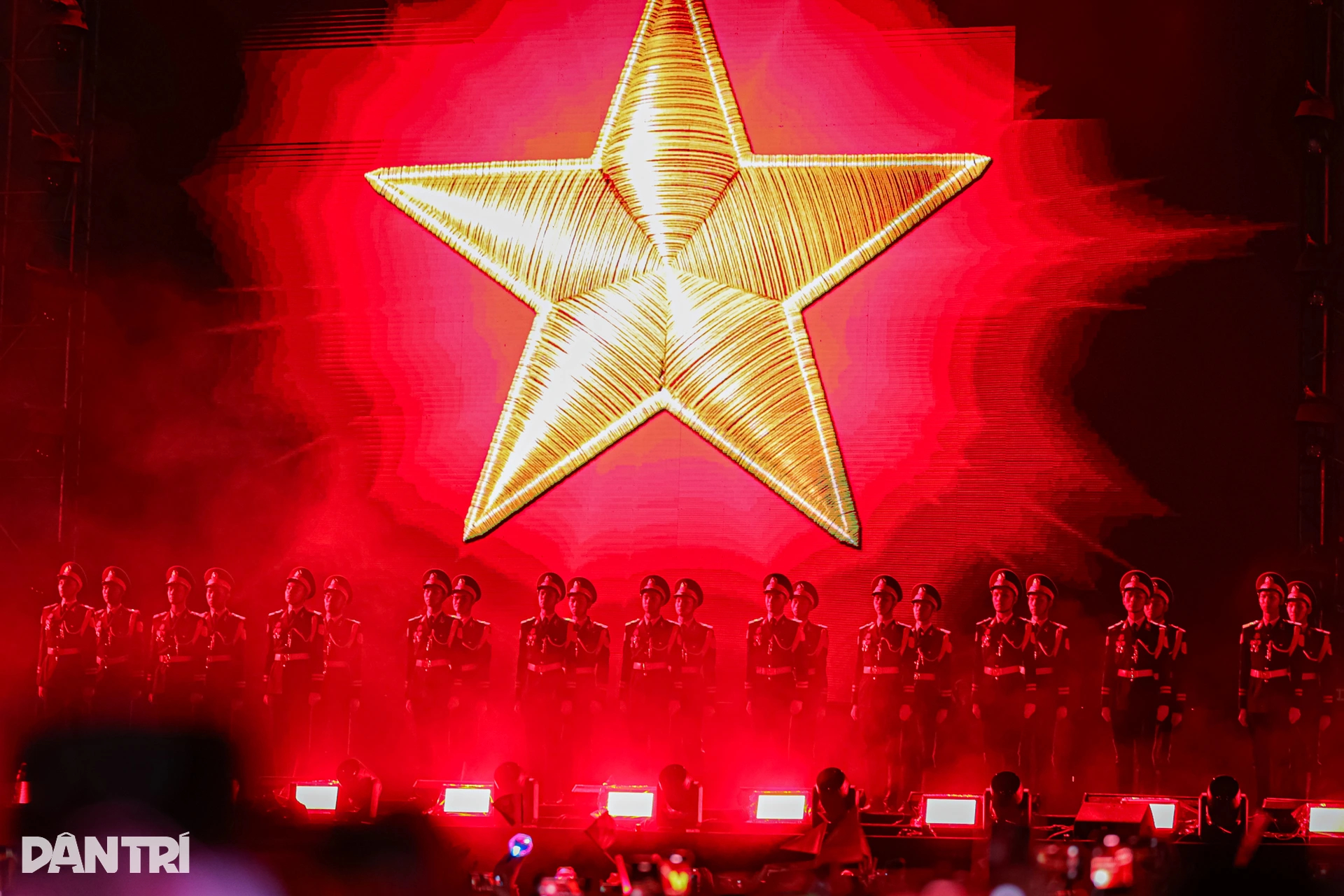
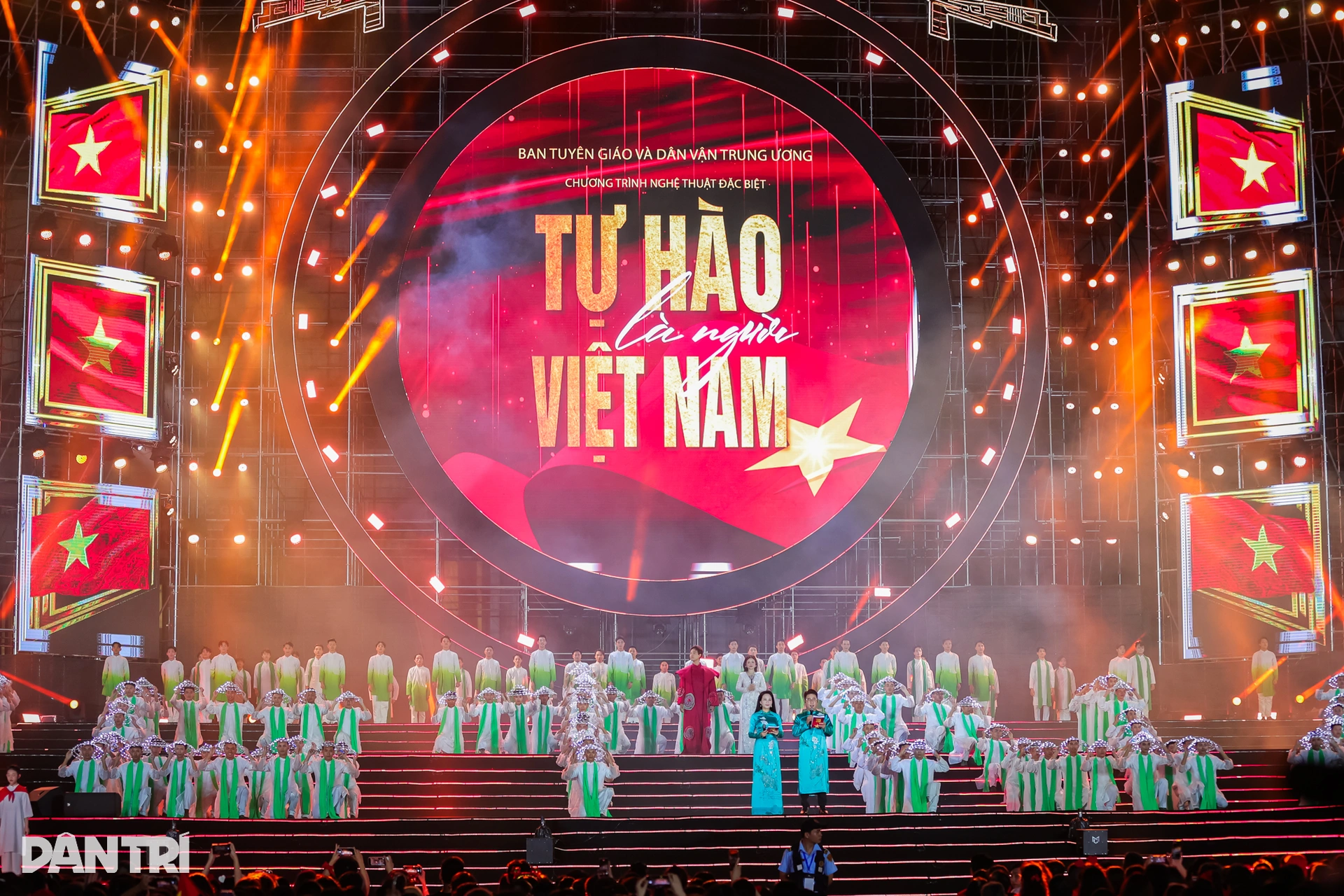
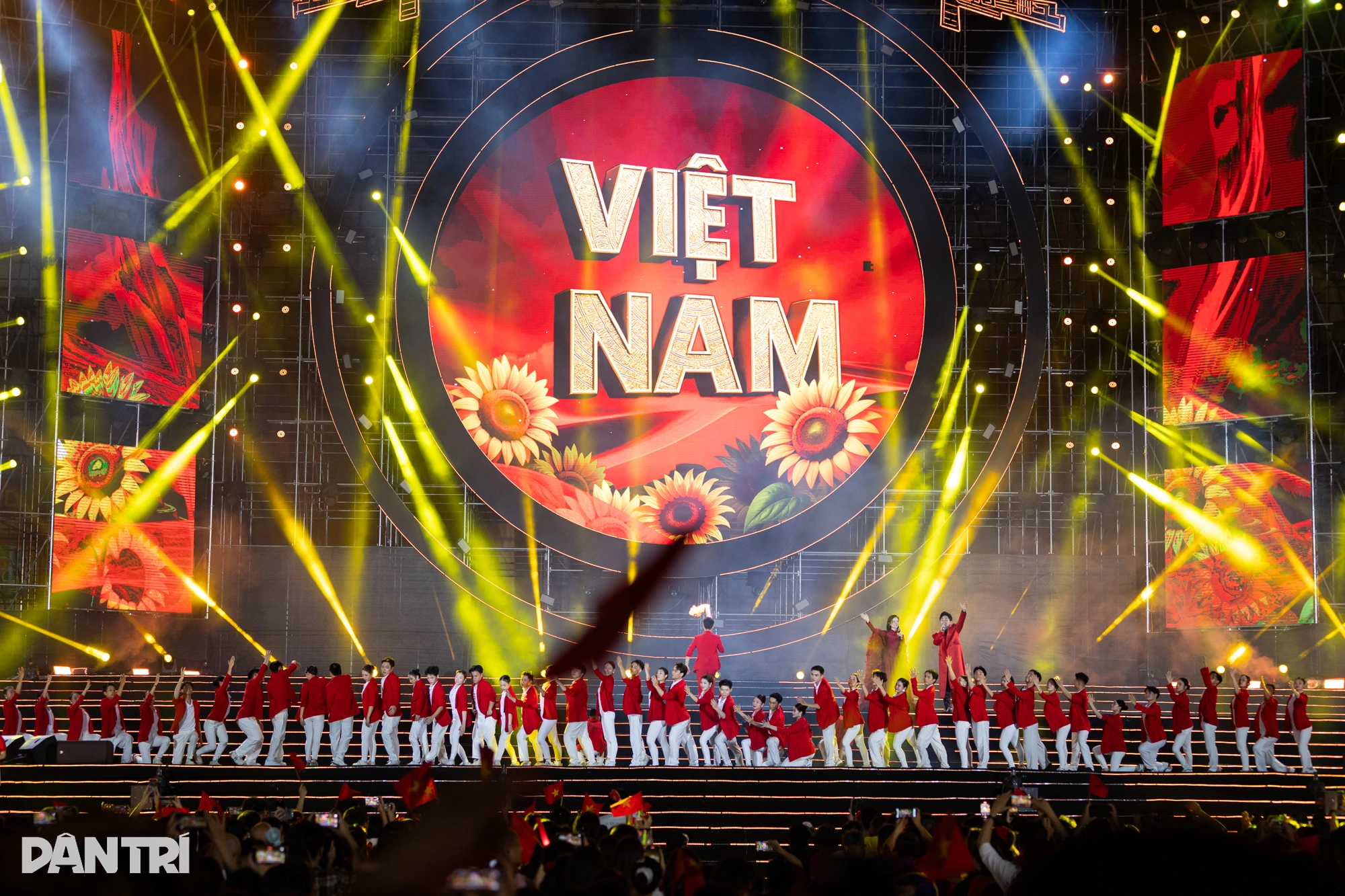
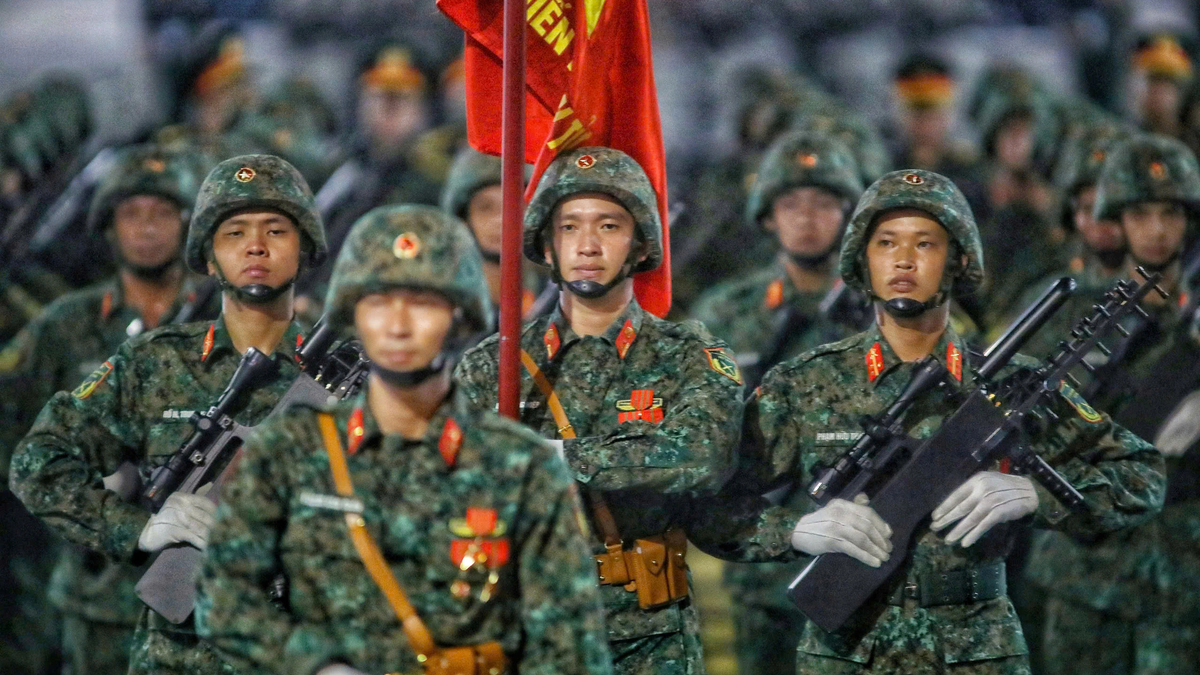
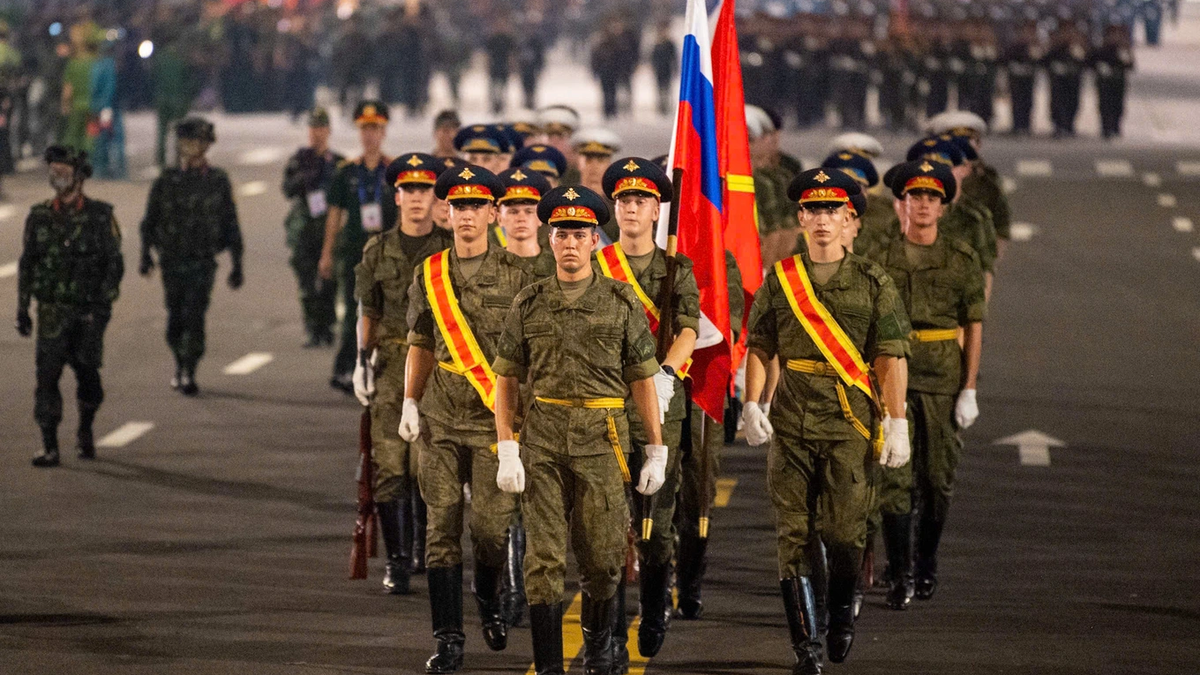
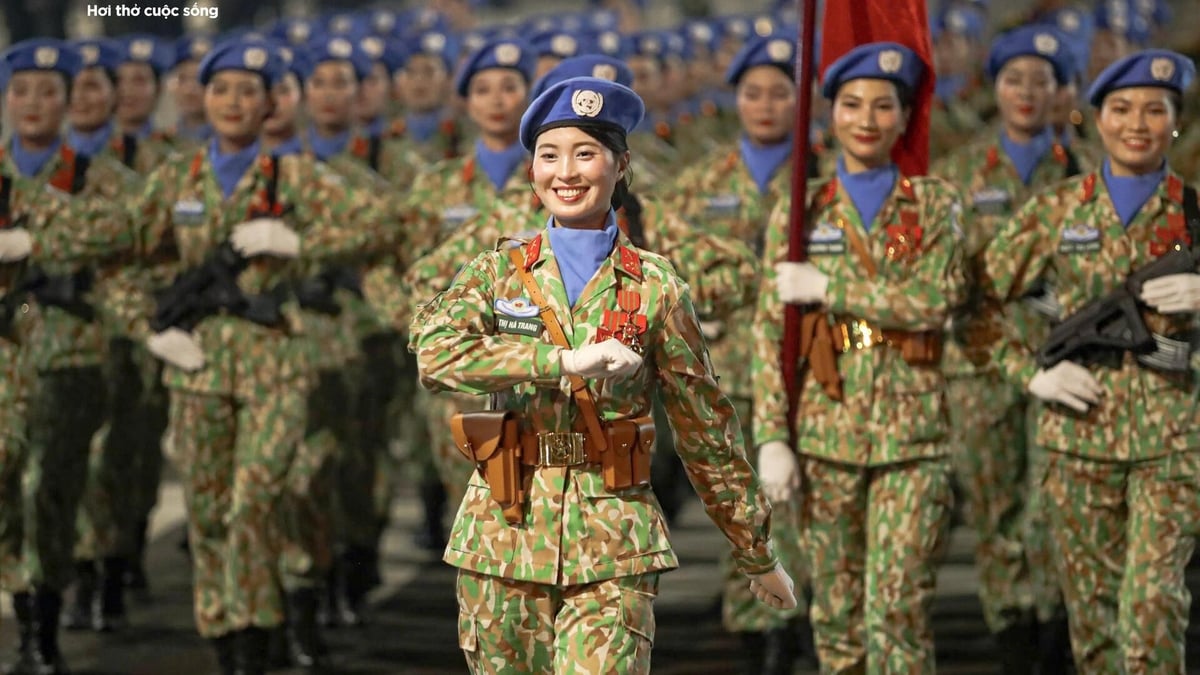
![[Photo] Images of the State-level preliminary rehearsal of the military parade at Ba Dinh Square](https://vphoto.vietnam.vn/thumb/1200x675/vietnam/resource/IMAGE/2025/8/27/807e4479c81f408ca16b916ba381b667)
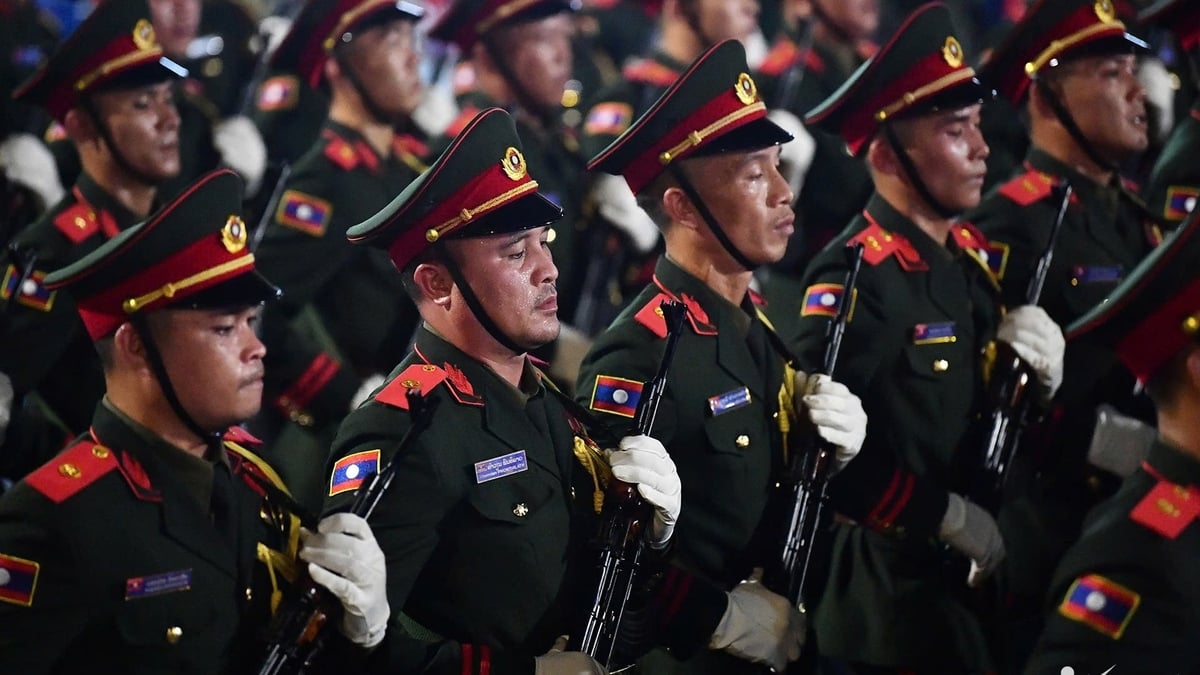
![[Photo] Parade blocks pass through Hang Khay-Trang Tien during the preliminary rehearsal](https://vphoto.vietnam.vn/thumb/1200x675/vietnam/resource/IMAGE/2025/8/27/456962fff72d40269327ac1d01426969)
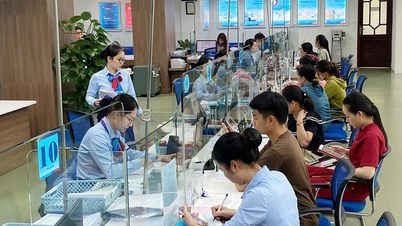



![[Photo] Parade blocks pass through Hang Khay-Trang Tien during the preliminary rehearsal](https://vphoto.vietnam.vn/thumb/402x226/vietnam/resource/IMAGE/2025/8/27/456962fff72d40269327ac1d01426969)



![[Photo] Many people eagerly await the preliminary review despite heavy rain](https://vphoto.vietnam.vn/thumb/402x226/vietnam/resource/IMAGE/2025/8/27/4dc782c65c1244b196890448bafa9b69)
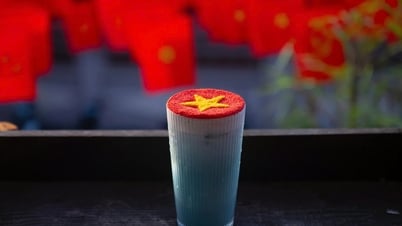

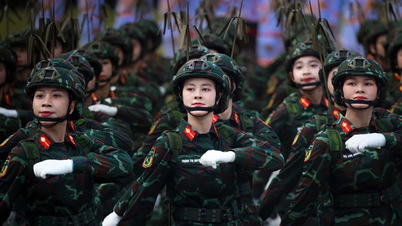
![[Photo] Brilliant red of the exhibition 95 years of the Party Flag lighting the way before the opening](https://vphoto.vietnam.vn/thumb/402x226/vietnam/resource/IMAGE/2025/8/27/e19d957d17f649648ca14ce6cc4d8dd4)









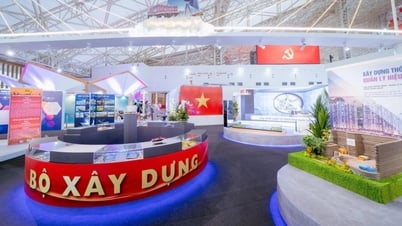

























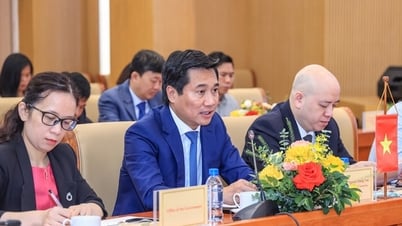

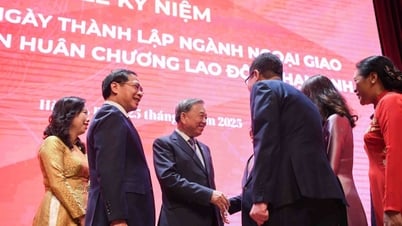

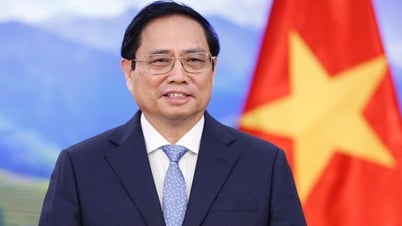
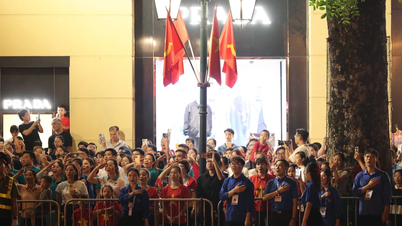
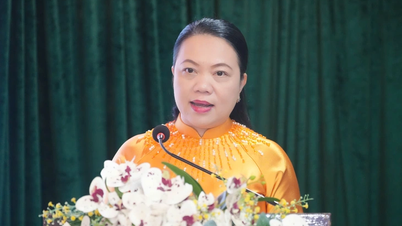
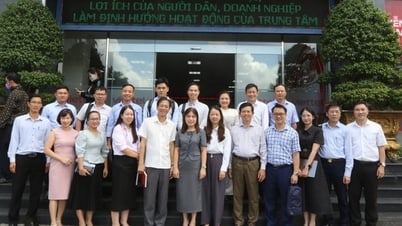

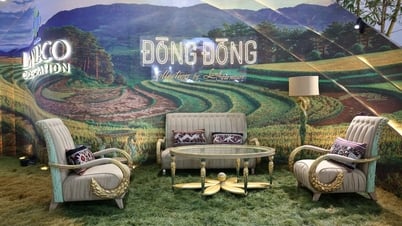

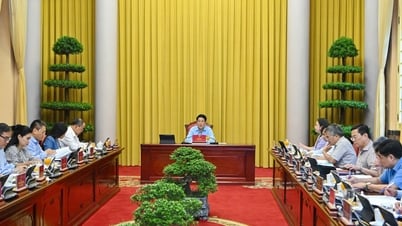

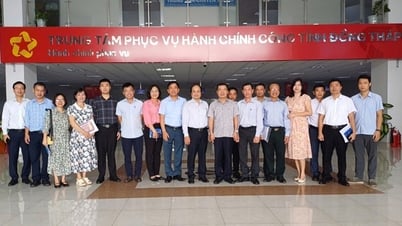
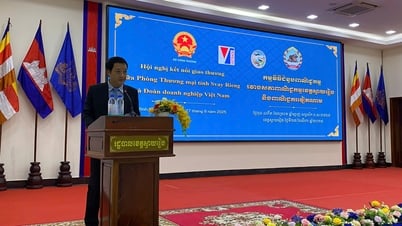
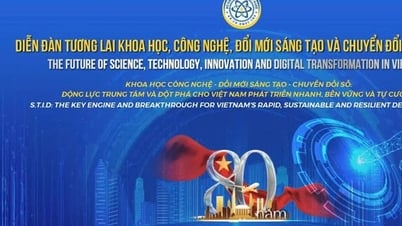
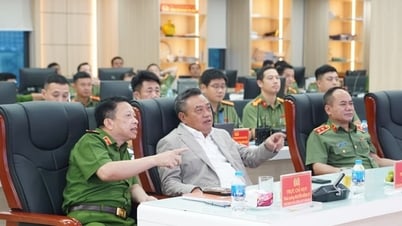

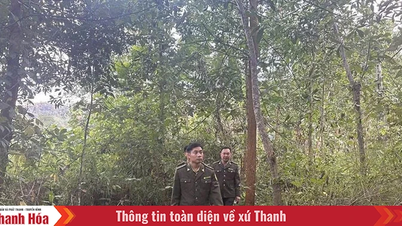

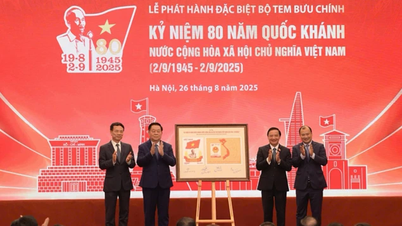

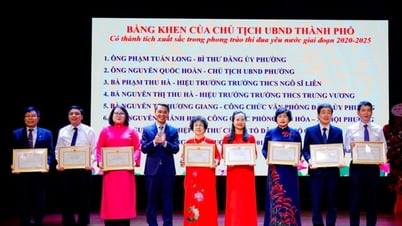
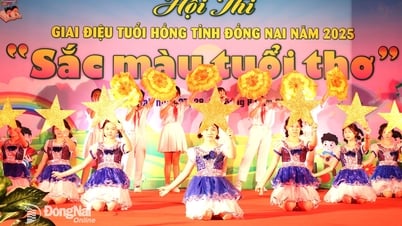

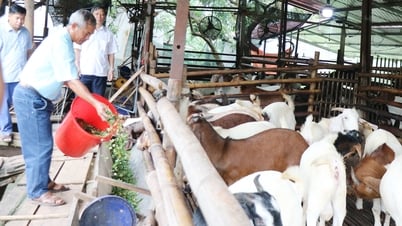












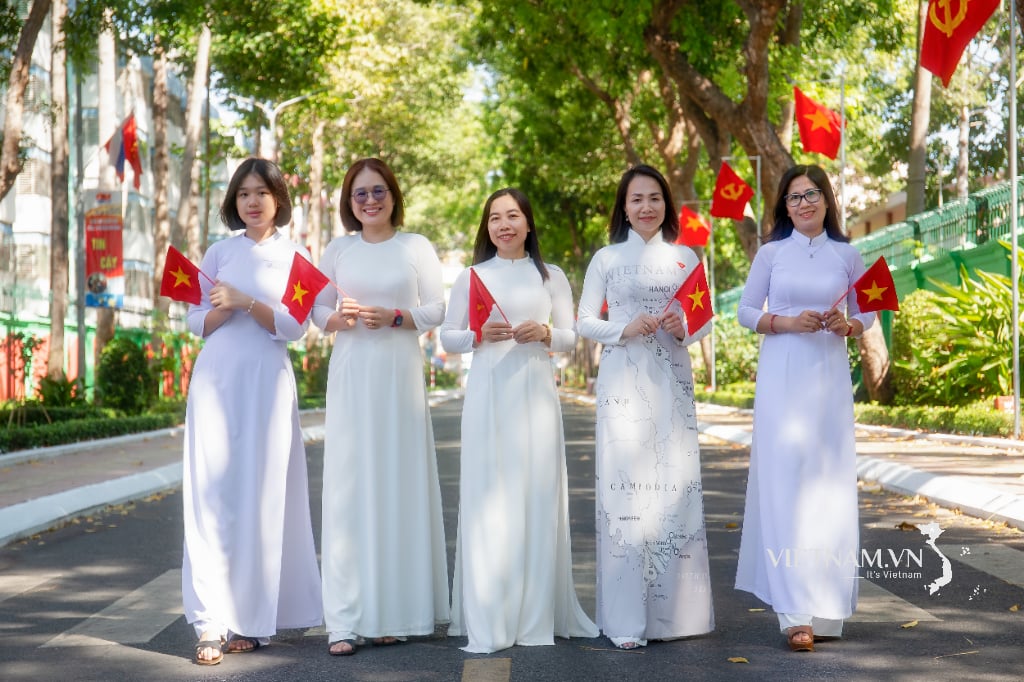


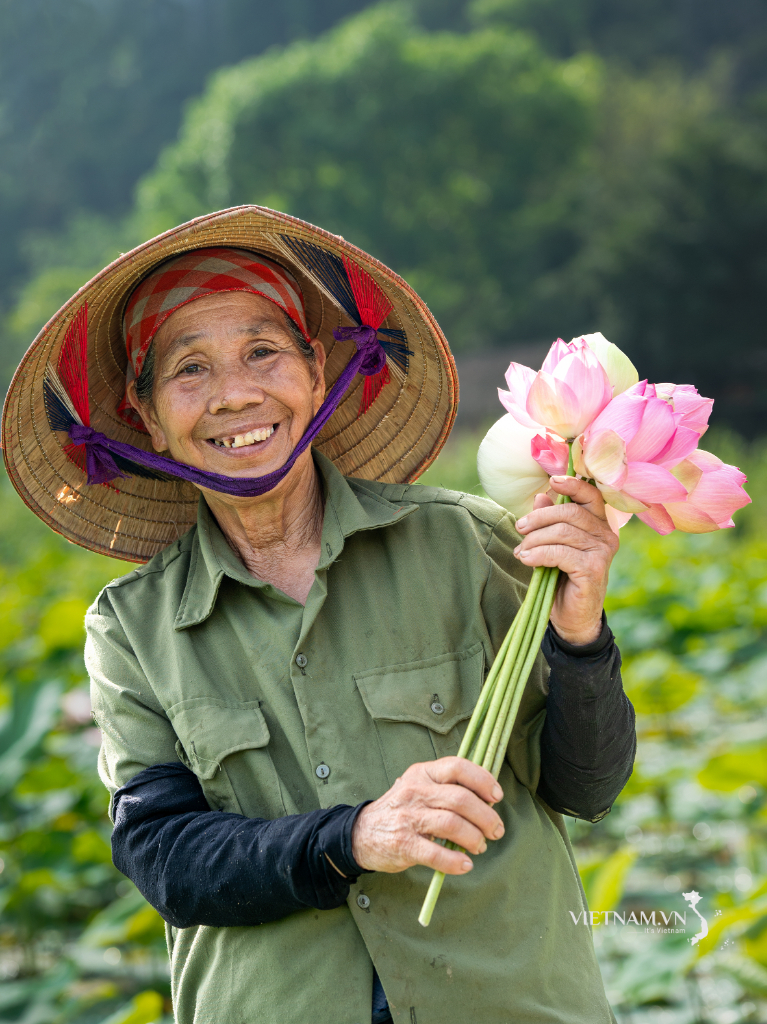
Comment (0)